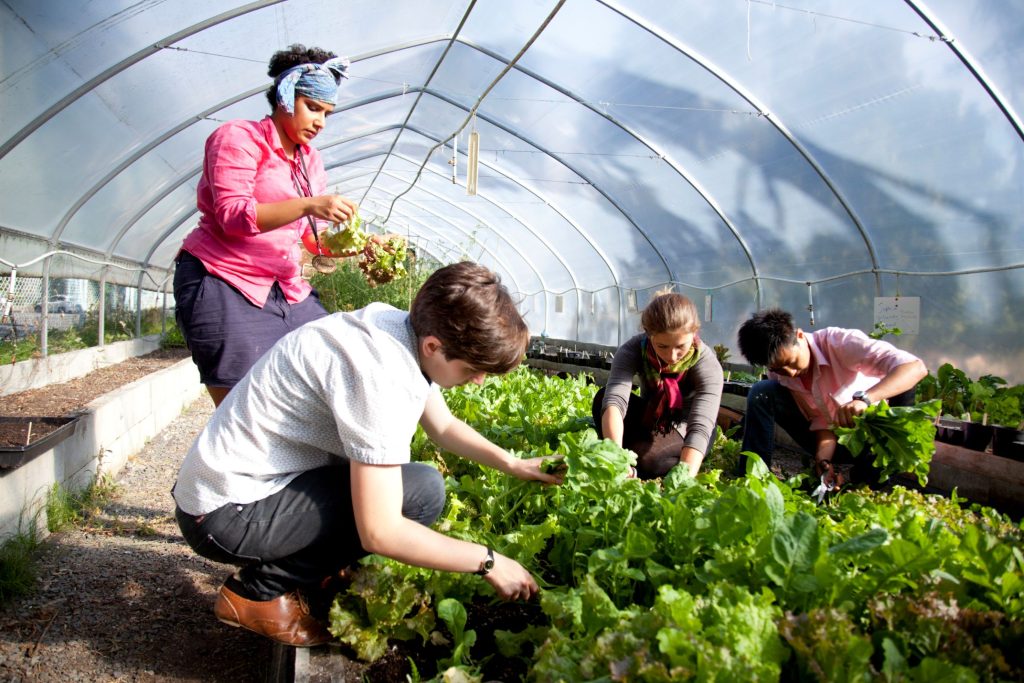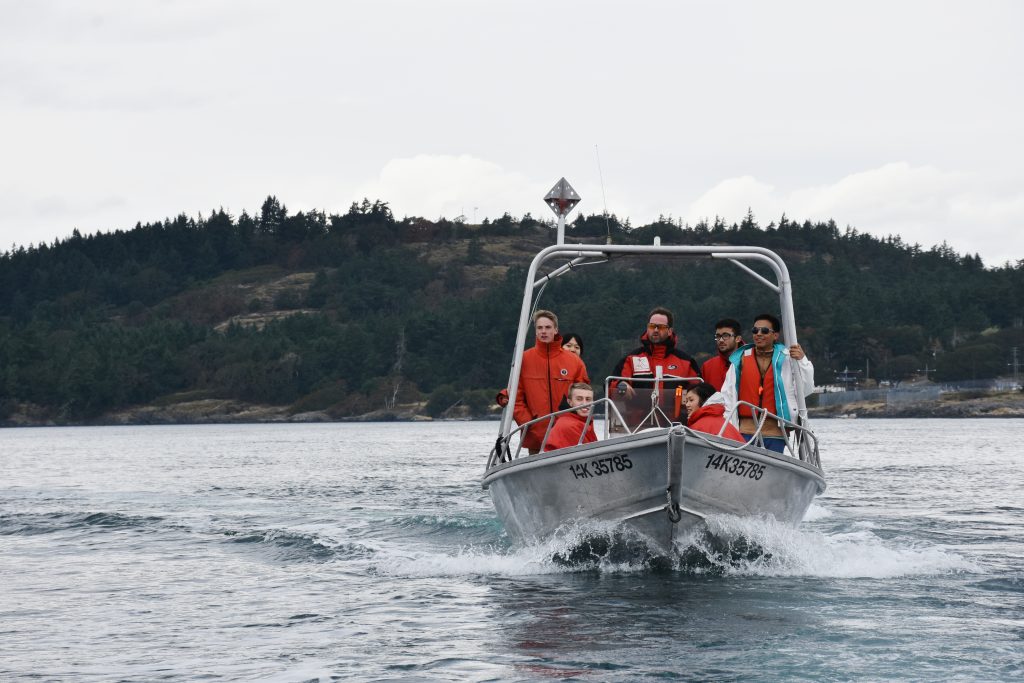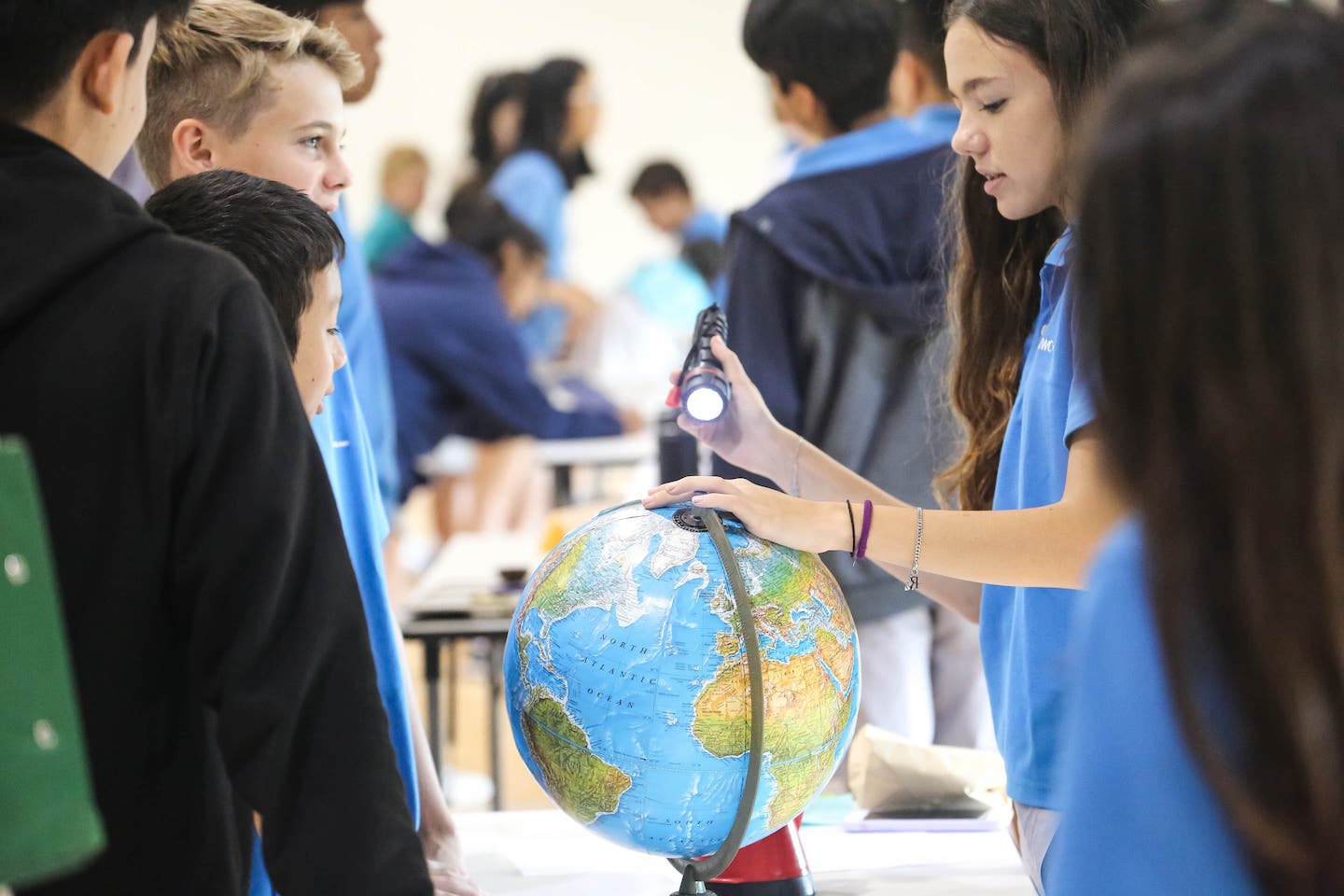Since opening our first school in 1962, UWC has become known for its pioneering education model.

Born during the Cold War, our approach brings young people together from deliberately diverse backgrounds to live and learn side-by-side, helping them develop the skills and values needed to create a more peaceful and sustainable world.
We played a key role in developing the International Baccalaureate Diploma Programme (IBDP) and continue to work closely with the IB to co-create new educational pathways.
With peace and sustainability at the core, our experiential curricula empower young people to respond to the world’s most pressing challenges.
All UWC schools and colleges offer the IBDP alongside a rich and co-curricular programme, shaped by student initiative and agency. Students are supported to develop their talents, interests and leadership in multiple ways.
At UWC, the IB’s CAS (Creativity, Activity, Service) component goes beyond ticking boxes. In combination with our residential and community life, it becomes a space for transformative learning and meaningful action. Several UWC schools have joined the IB’s CAS pilot to deepen the integration of academic and co-curricular learning.

International Baccalaureate Career-related Programme (IBCP)
In addition to the IBDP, Pearson College UWC and UWC Maastricht offer the International Baccalaureate Career-related Programme (IBCP). This includes innovative options such as the Climate Action Leadership Diploma (CALD) and career-focused tracks in music or sustainable business.
Systems Transformation Pathway (STP)
In 2023, UWC and the IB launched the first pilot of the Systems Transformation Pathway (STP) at UWC Atlantic. In 2024, UWC South East Asia joined this exciting initiative, which allows students to combine three Higher Level and one Standard Level IB subject with a bespoke course focused on real-world systems change.
At UWC Atlantic, the STP – Leadership For Just Futures – explores human-centred design, systems thinking and transdisciplinary learning through an action-oriented lens. Students focus their studies on key areas such as biodiversity, energy, food or migration, creating personal learning journeys grounded in changemaking and real-world impact. The course is built around five pillars: Changemaker Mindset, Design Thinking, Leadership, Project and Change Management, and Systems Thinking. It replaces two Standard Level subjects and is assessed through project portfolios, impact analysis and reflective practice – not final exams. More than 200 students across the two pilot colleges have now chosen the STP. They will graduate with a full IB Diploma and a unique experience of hands-on, impact-driven learning.
The STP forms part of a wider structural review by the IB and reflects both organisations’ shared commitment to reimagining education on a global scale.
Do you believe in the power of education to meet today’s global challenges?

